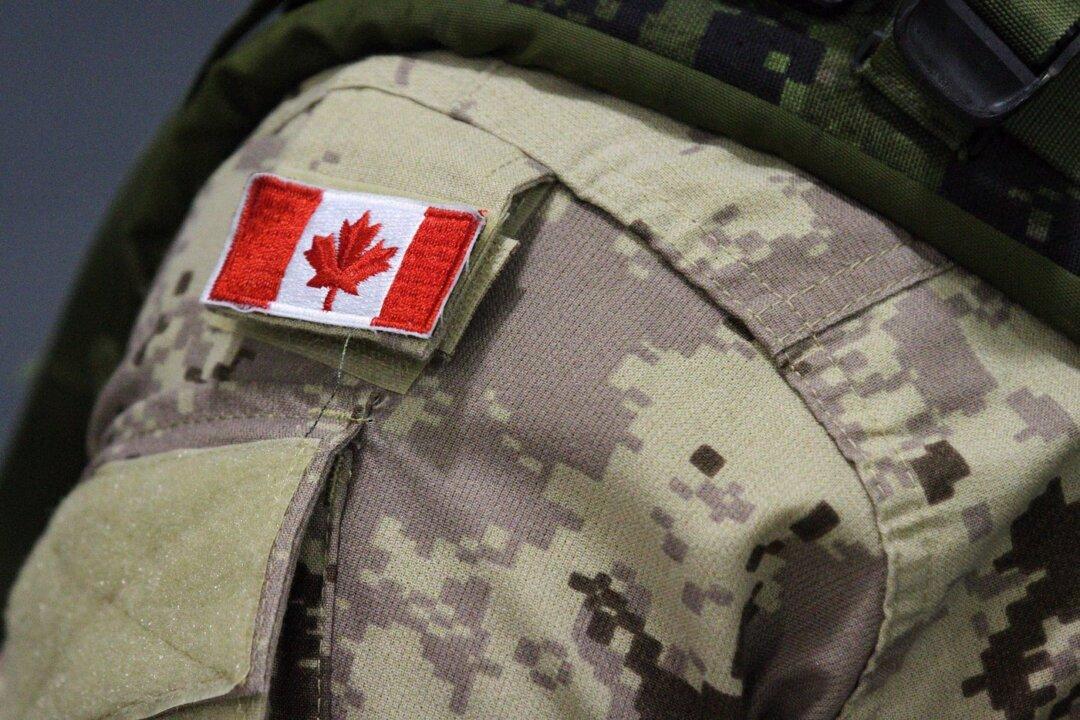A federal judge has dismissed a class-action lawsuit concerning COVID-19 vaccine mandates and policies, ruling that the statement of claim filed by 330 active or former members of the Canadian Armed Forces (CAF) failed to disclose a reasonable cause of action.
Justice Catherine Coughlan wrote in a Nov. 13 ruling that the plaintiffs failed to “establish all elements of the alleged cause of action,” in their pleading.





